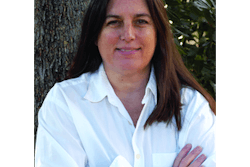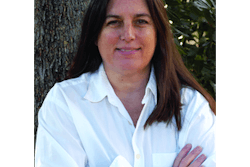A recent global conference on food production that brought together scientists, agri-businesses, farmers, politicians and nongovernment agencies was held in Calgary as part of the centenary of the birth of Dr. Norman Borlaug, an Iowa native who is seen as the founder of the Green Revolution after developing high-yield, disease-resistant wheat varieties he took to developing nations. That innovation alone is credited with staving off hunger for millions in poorer countries.
Dr. Robert Fraley, the executive VP at Monsanto, one of the most criticized companies in the anti-GM movement, was named one of the winners of this year's global food prize. Fraley, who grew up on a farm and led the successful introduction of genetically engineered soybeans resistant to herbicide glyphosate (Roundup), made some interesting comments to the audience about how bio-technology can feed the growing global population if the pro-GMO crowd can get the anti-GMO crowd to be less emotional.
"I've thought a lot about it. We are science-based and believed science would be adequate to address safety and public concerns. But it hasn't been," said Fraley. And while he says there has never been one single safety issue with GM crops, "we have to address the emotions, passions and concerns of opposition groups." To read more, click HERE.

















